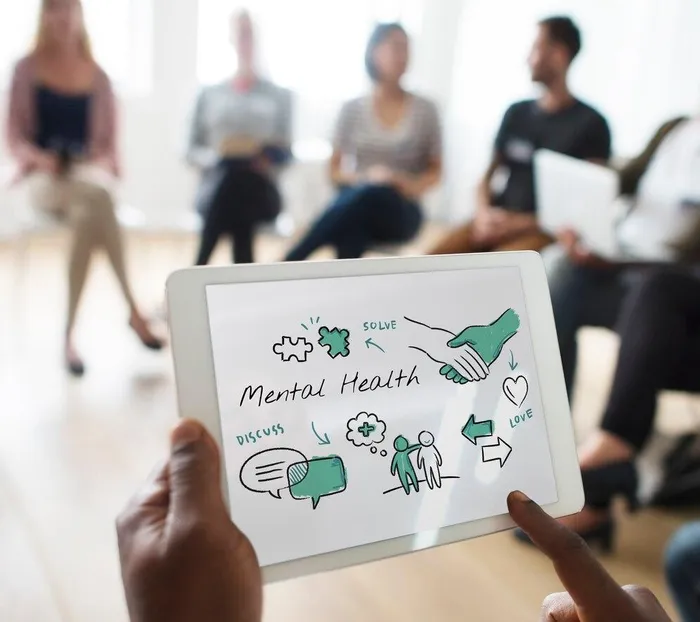Building without breaking: Rethinking wellness for women entrepreneurs
22 ON SLOANE

In entrepreneurship, mental health remains a taboo topic, says the author.
Image: FreePik
As South Africa celebrates Women’s Month, our newsfeeds fill with praise for women who are breaking barriers, leading companies, and transforming communities. But behind many of these polished success stories lies a quieter truth: women entrepreneurs are burning out, that is emotionally, mentally, and physically.
Burnout is often described as the cost of ambition. But for women in business, it’s not just ambition; it’s survival. The pressure to provide, lead, nurture, and hustle in a system that still doesn’t fully support them, which is relentless and often exhausting.
Women entrepreneurs wear multiple hats. They are CEOs, administrators, marketers, and, when the workday ends, they become caregivers, partners, and emotional anchors at home. Unlike many of their male counterparts, women often can’t compartmentalise or simply separate personal and professional responsibilities. The result! Chronic fatigue, decision paralysis, anxiety, and in many cases, silent breakdowns.
In entrepreneurship, mental health remains a taboo topic. For women, this silence is even louder. Expressing vulnerability is too often seen as a weakness, especially in spaces where they must constantly prove their legitimacy. This toxic productivity culture, where constant grinding is celebrated as a badge of honour — is silently eroding the well-being of many gifted and driven women.
What makes this issue urgent is the lack of resources. Women-owned businesses often operate without access to mentorship, funding, or peer support. In township or rural economies, where many women entrepreneurs are building micro and small enterprises, they are even more isolated. Add to this the pressure of a sluggish economy, power outages, and red tape — and the conditions become ripe for mental and emotional collapse.
We must urgently reimagine what support for women entrepreneurs looks like. Wellness must become part of enterprise development. Mental health services, coaching, peer support groups, and scheduled downtime should be built into the DNA of incubation and acceleration programmes.
Empowerment cannot just mean more workshops and hashtags. It must mean providing real rest, relevant resources, and recognising that burnout is not a personal failure but a symptom of systemic neglect.
As we honour women this month, let us move beyond celebrating their profits and ask the more human question: How are you doing? Let’s normalise rest in entrepreneurship. Let’s fund support systems that allow women not just to survive but to lead sustainably.
The truth is, South Africa needs its women entrepreneurs healthy, whole, and thriving — not silently suffering behind curated Instagram posts and business awards. Their well-being is not a luxury; it's a national economic priority.
When women are mentally strong and emotionally supported, businesses thrive, communities grow, and the nation benefits from purpose-driven leadership. We cannot afford to let burnout steal our brightest minds.
It’s time we build ecosystems that value rest as much as resilience, where boardrooms meet vulnerability with support, not silence. Because when women rise with their health intact, they don’t just run businesses; women build nations.

Tsakani Nkombyane, Programme Officer at 22 On Sloane.
Image: Supplied.
Tsakani Nkombyane is the Programme Officer at 22 On Sloane.
*** The views expressed here do not necessarily represent those of Independent Media or IOL.
BUSINESS REPORT